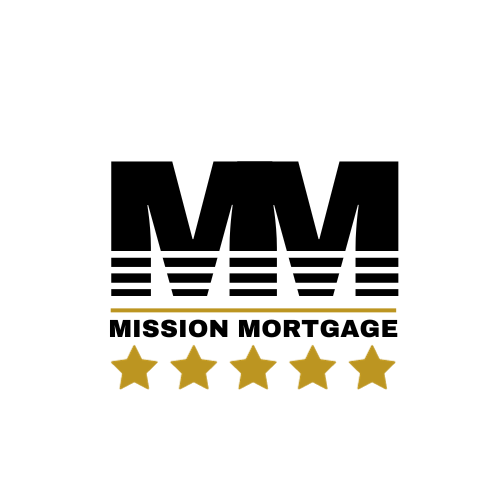Understanding Down Payments
When embarking on the journey of buying a home, one of the first and most crucial steps you'll encounter is deciding on a down payment. This initial investment can significantly influence not only your mortgage terms but also your financial flexibility and stability in the years to come. In this article, we'll explore the key factors to consider when determining the right down payment for your new home.
What is a down payment?
A down payment is a percentage of the home's purchase price that you pay upfront. It's a direct investment in your future property and typically ranges from 3% to 20% of the total price, though it can be higher.
There are a few things to consider when determining a down payment amount:
1. Loan Type Implications:
Different mortgage types have varying down payment requirements. For example, conventional loans often require a minimum of 5% down, while FHA loans can go as low as 3.5%. Veterans may be eligible for VA loans, which can offer zero down payment options. Understanding the requirements of each loan type is essential in planning your down payment strategy.
2. The Impact on Mortgage Insurance:
If you put down less than 20% on a conventional loan, you'll likely be required to pay Private Mortgage Insurance (PMI). PMI protects the lender in case of default but increases your monthly payment. A larger down payment can help you avoid PMI, thus reducing your overall mortgage costs.
3. Interest Rates and Loan Terms:
Your down payment size can affect your mortgage interest rate. Generally, a larger down payment can lead to more favorable rates, as it reduces the lender's risk. It's also worth considering how your down payment will affect the loan's term and the total interest paid over its life.
4. Budget and Cash Flow Considerations:
While a larger down payment reduces your loan amount and possibly your monthly payments, it's essential to balance this with your overall financial health. Ensure that you have enough funds to cover moving expenses, emergency funds, and other financial commitments.
5. Home Equity and Investment Perspective:
A larger down payment means starting with more equity in your home, which can be beneficial if home values rise. However, it's also important to consider the opportunity cost of tying up a large sum in your home versus investing it elsewhere.
6. Market Conditions and Home Prices:
In a competitive housing market, a larger down payment can make your offer more attractive to sellers. However, in slower markets, or if home prices are high, you might opt for a smaller down payment to preserve cash for other investments or expenses.
Determining the right down payment for your home purchase is a balancing act between your current financial situation, long-term goals, and the specific requirements of your chosen mortgage type. Consult with a mortgage professional to explore your options and make an informed decision that aligns with your financial plan.

Lets get Started
By pressing “Submit,” you consent to receive text messages from Mission Mortgage Co, LLC. Messaging frequency varies. Message and data rates may apply. Expect important notifications about our services, updates on upcoming meetings, and replies from your dedicated representative. You can opt out at any time by replying "STOP" or send "HELP" for more info to any message. For more information, please read our Terms of Service and Privacy Policy.


